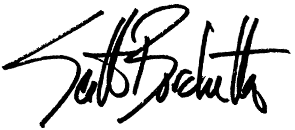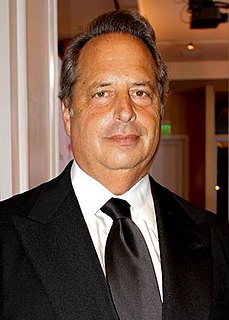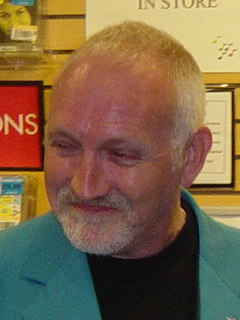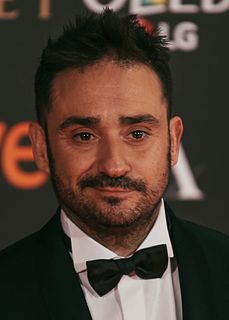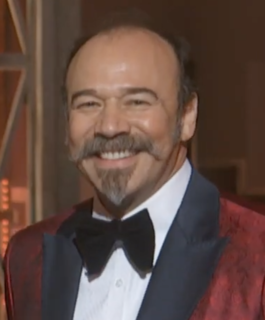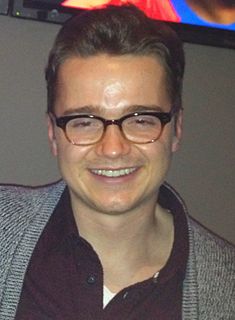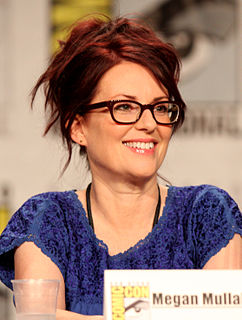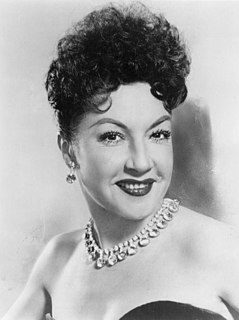A Quote by Scott Borchetta
The camera is the gatekeeper to the audience that's watching you.
Related Quotes
My mind is in so many different places while we're shooting. Part of it is watching the performance, part of it is watching the camera, and part of it is thinking about the stuff that we have to get that day. It's always a pleasure watching, but you also take it for granted, when you're on the actual grind, making the show.
I've done panel shows, which I enjoy, and on those you're recording half-an-hour of TV and sometimes they film for two hours. But with 'Britain's Got Talent,' you're on camera for eight hours, with a large theatre audience watching - and in between you're being filmed for ITV2 as you eat your lunch.
